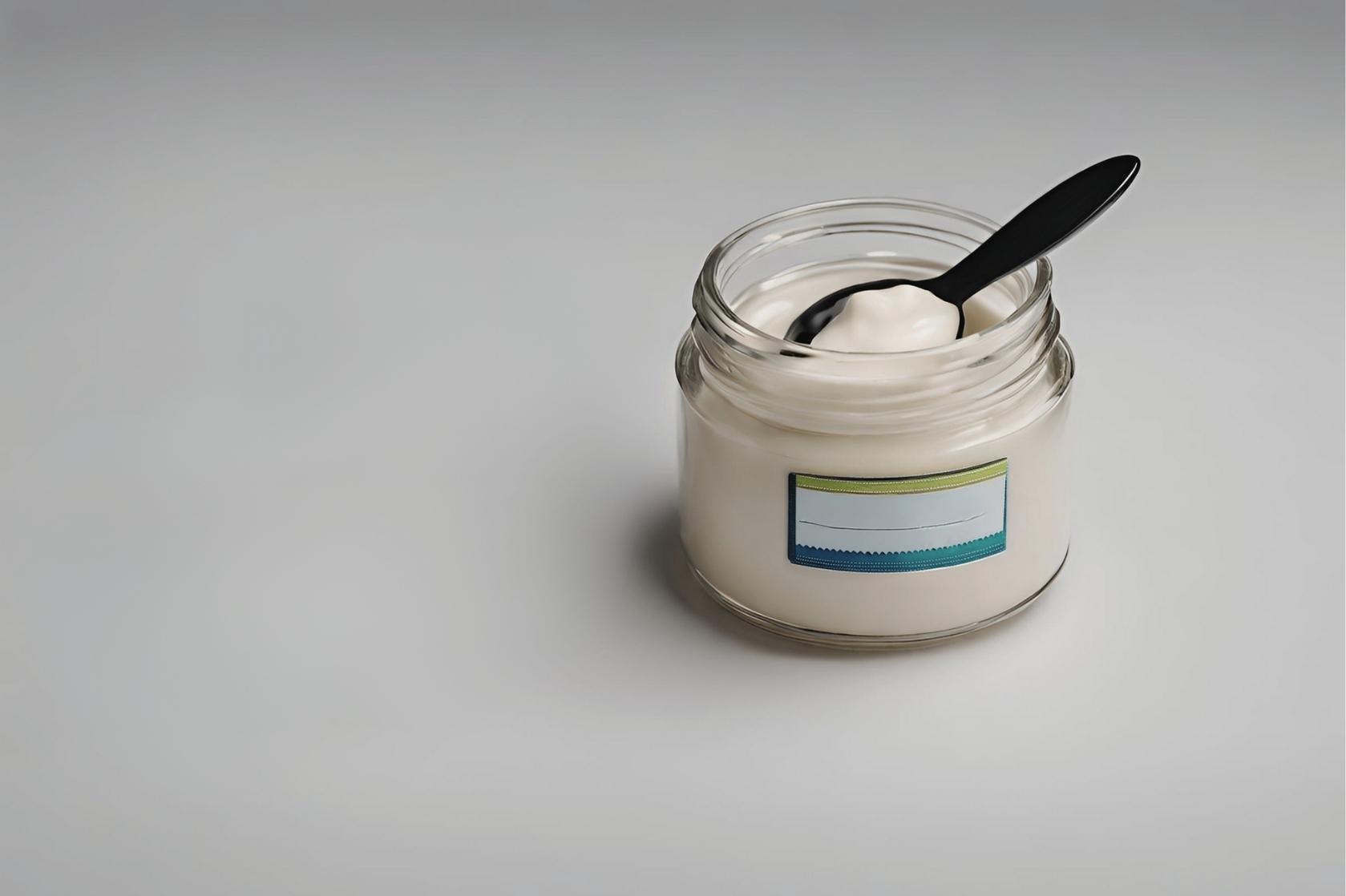
Assessment of Cosmetic Product Claims | Turkey
Responsibilities of the Responsible Person 2 - Assessment of Cosmetic Product Claims
Claim refers to the information, statements, or visuals used in the labeling, packaging, and/or promotion of a cosmetic product regarding its characteristics, efficacy, and/or safety.
The responsible person must ensure that the claim is consistent with the documents in their possession. If a claim is adapted to the extent that it changes the fundamental function of the notified product, it is considered as a different product.
Before starting with specific examples related to claims, it is beneficial to examine some definitions mentioned in cosmetic guidelines:
- Gluten-free cosmetic product: A cosmetic product that does not contain gluten, a protein group of plant origin found in grains such as wheat, barley, oats, rye, and that has obtained gluten-free certification.
- Natural cosmetic product: A cosmetic product that meets the requirements of internationally accepted natural cosmetic product standards but does not necessarily need to be organic.
- Halal cosmetic product: A product produced in accordance with internationally accepted halal cosmetic product standards, in line with Islamic criteria.
- Organic/ecological cosmetic product: A finished cosmetic product that meets the requirements specified in internationally accepted organic cosmetic product standards.
- Vegan cosmetic product: A cosmetic product that does not contain animal-derived ingredients and has not been tested on animals as finished product components, including product components.
Claims regarding cosmetic products must comply with the following criteria according to the six (6) common criteria published by the European Commission, and these criteria are equally important:
1. Legal compliance:
- Claims indicating that the cosmetic product is approved/authorized by the Ministry of Health or Authority, etc., should not be included on the product label, packaging, promotions, etc.
- The requirements of Cosmetic Legislation must be taken into account in claims related to cosmetic products.
- Claims regarding cosmetic products should be reasonable, understandable, and perceptible to the average end-user, considering the social, cultural, and linguistic factors in the market.
- Legal requirements (such as not containing a prohibited component, compliance with Cosmetic Legislation provisions, etc.) should not be used as a superiority/benefit for the product in product promotion visuals, product labels, and product packaging.
2. Truthfulness:
- The general presentation of the cosmetic product and/or the claims used in the product should not be based on false or irrelevant information.
- If a specific ingredient is claimed to be present in a cosmetic product, it must be present in the product.
- If claims referring to the characteristics of specific components or components are present in a cosmetic product, and the cosmetic product does not possess these characteristics, it should not be stated that the finished product has these characteristics.
- Opinions regarding claims related to cosmetic products should not be used if they do not reflect verifiable evidence.
3. Substantiation of claims:
- Determine appropriate and sufficient methods to substantiate the claim. These methods can be in different types and forms. The data obtained with the specified methods should be presented in relevant sections of the product information file.
- Direct or indirect claims must have appropriate and sufficient scientific evidence to support them.
- In case of changes in product formulation, it is necessary to ensure that the evidence supporting the product claims is still applicable.
- Consultation with an expert who will provide appropriate support is recommended.
4. Fairness:
- Statements regarding the performance or functionality of a cosmetic product should not go beyond the existing supporting evidence.
- Claims of cosmetic products with similar characteristics should not imply one as superior to others by using terms like "unique, unparalleled, best, most effective," etc.
- If the effect of a cosmetic product depends on certain conditions (e.g., necessity to be used with other products), this should be clearly stated.
5. Fair-Competition:
- Claims of cosmetic products should be objective and should not denigrate competitors or legally used components.
- Claims of cosmetic products should not be confused with those of a competitor's product and should not lead to misconceptions about a competitor's product.
6. Informed decision-making:
- Claims should be clear and understandable for an average end-user.
- Claims are an integral part of products and should contain information that allows an average end-user to make an informed choice.
- Marketing communications should take into account the perception capacity of the target audience (country's population or demographic structure, such as consumers of different ages and genders or professionals). Marketing communications should be clear, precise, relevant, and understandable to the target audience.
References:
(1) TURKISH MEDICINES AND MEDICAL DEVICES AGENCY - GUIDANCE FOR COSMETIC PRODUCT CLAIMS VERSION 6.0
(2) TURKISH MEDICINES AND MEDICAL DEVICES AGENCY - GUIDANCE FOR THE RESPONSIBLE PERSON AND FINAL USERS OF COSMETIC PRODUCTS
